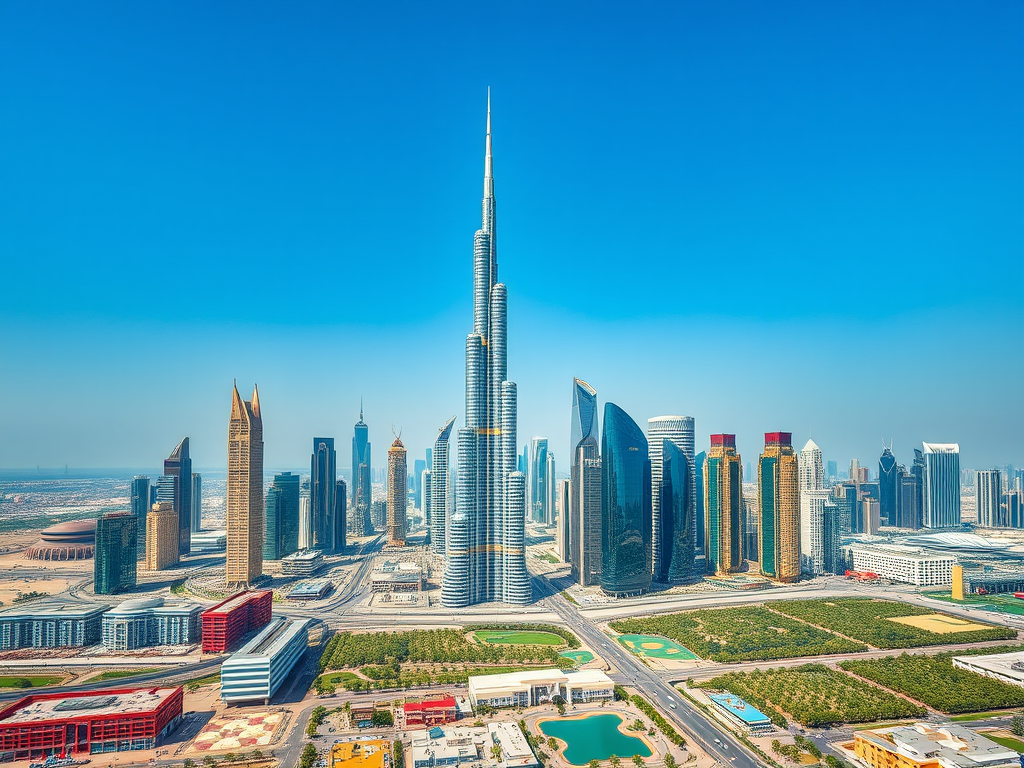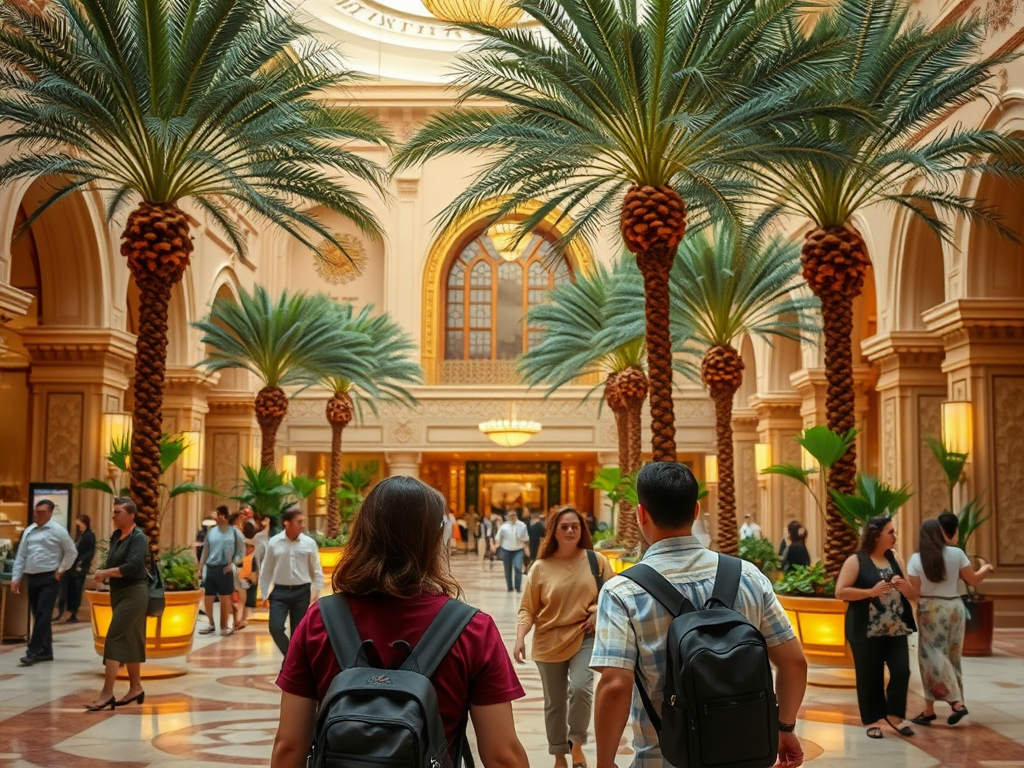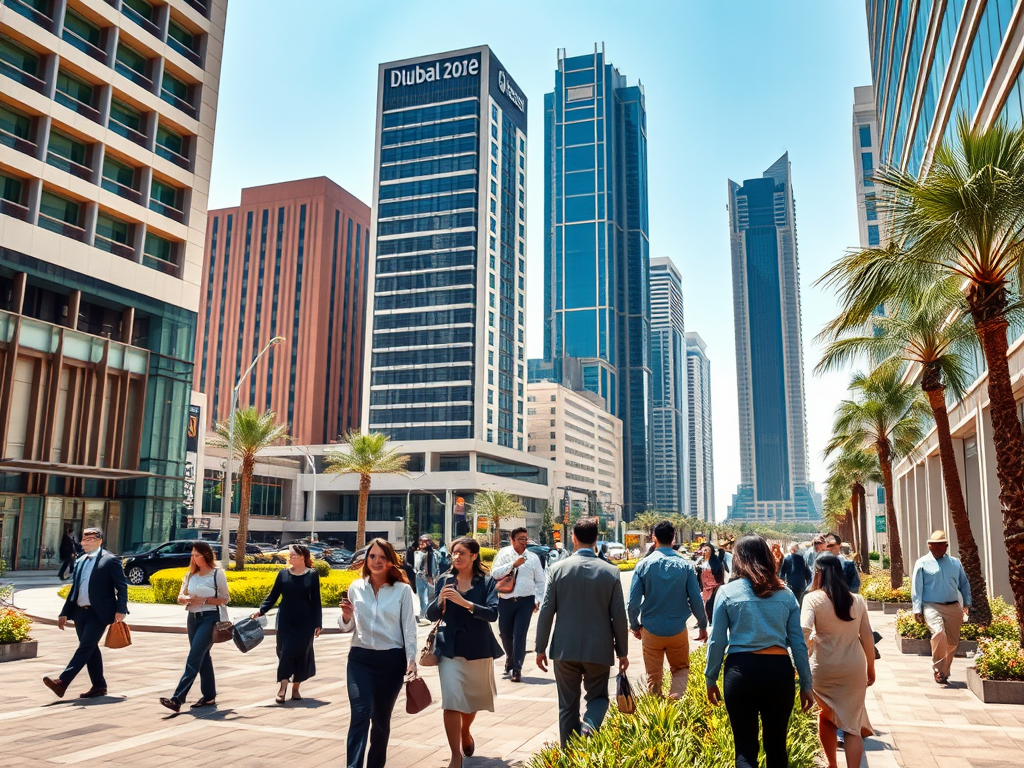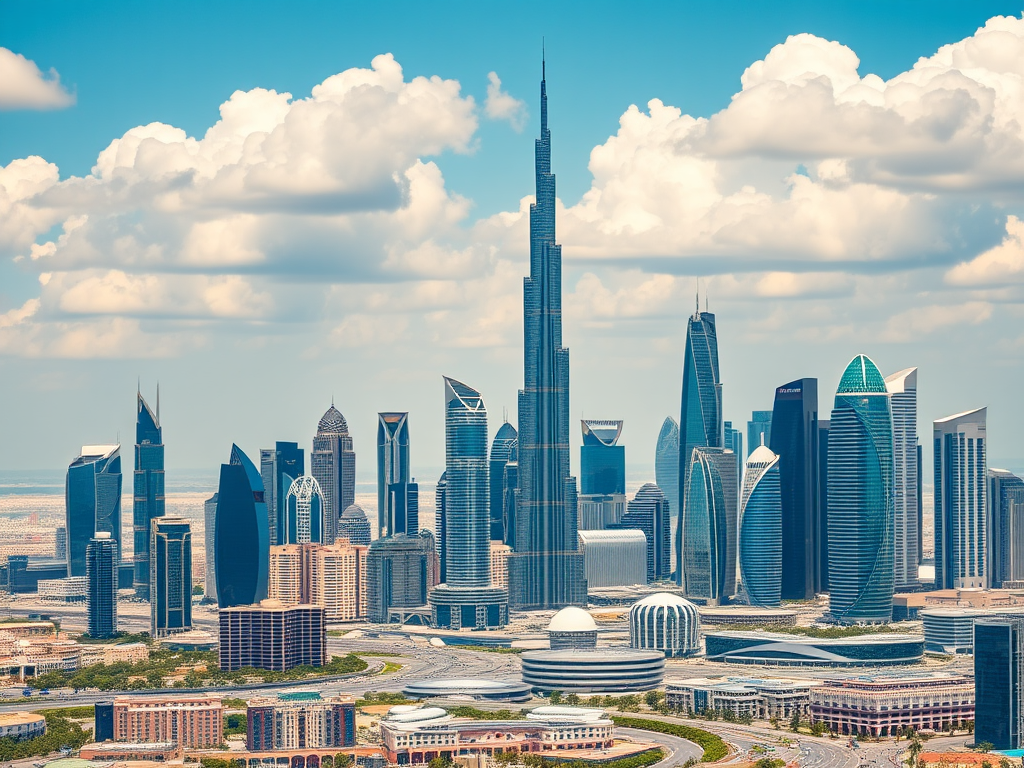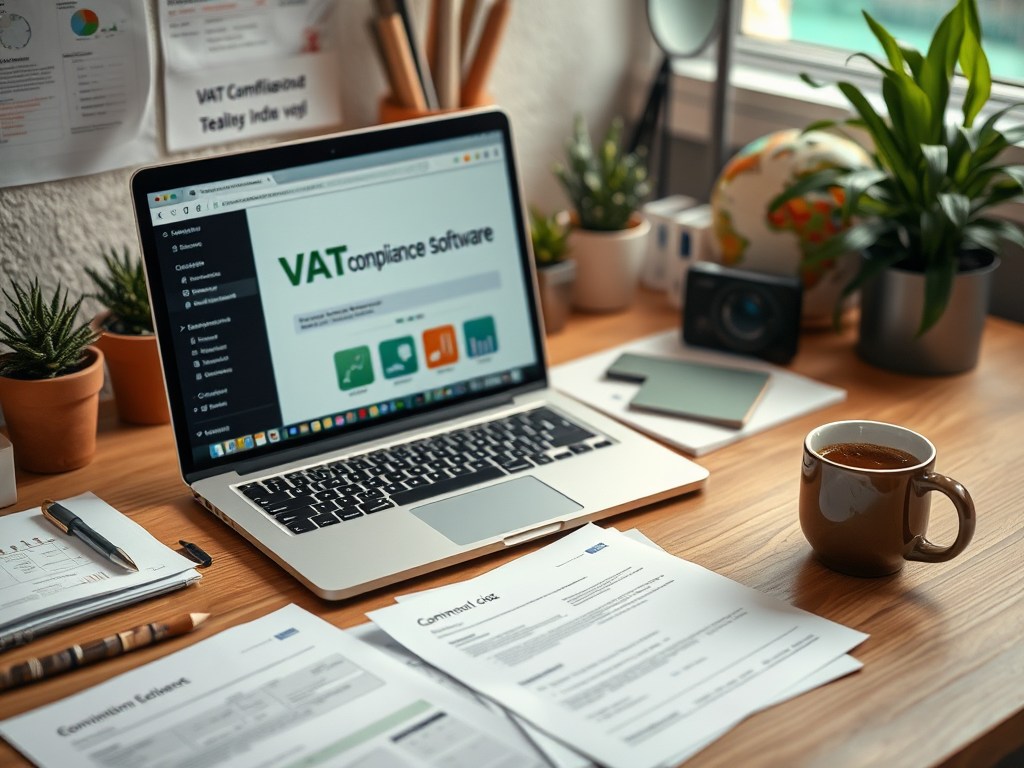Everything You Need to Know About Getting a DED Trade License in Dubai

Establishing a business in Dubai attracts entrepreneurs worldwide due to its vibrant economy and strategic location. The key to legally operating in this bustling hub lies in obtaining a DED trade license. This document is not just a legal formality; it symbolizes permission to thrive in one of the most competitive marketplaces globally. However, the process, types, and requirements might appear daunting to newcomers. This comprehensive guide will demystify the DED trade license, laying out everything you need to know. With the right information and preparation, navigating this process can become a rewarding endeavor.
Types of DED Trade Licenses

Dubai offers various trade licenses tailored to different business activities, and selecting the appropriate one is crucial to your success. Here’s a quick overview of the primary categories:
- Commercial License: Ideal for trading activities and general business operations.
- Professional License: Suitable for service-based businesses and individual professionals.
- Industrial License: Necessary for manufacturers and production-related entities.
Understanding these distinctions will help you make an informed choice aligned with your business plan. Each license has specific requirements and restrictions, which can significantly affect your business operations and market reach. Therefore, it’s essential to evaluate your business model and objectives carefully. This evaluation will ensure that you are selecting the most suitable type through which to operate.
Steps to Obtain a DED Trade License

Obtaining a DED trade license involves a structured process, which can be broken down into a series of clear steps. Here you will find a step-by-step breakdown:
- Choose your business activity and select the appropriate license type.
- Decide on an ideal trade name that adheres to legal guidelines.
- Submit all required documents to the DED for initial approval.
- Pay the necessary fees and obtain your DED trade license.
The journey may seem extensive, but each step is designed to ensure compliance with Dubai’s business regulations. The following table summarizes the required documents and their significance:
| Document | Description |
|---|---|
| Trade Name Registration | A unique name that defines your business and is approved by the DED. |
| Initial Approval Certificate | Confirmation from the DED that your proposed business is permitted. |
| Lease Agreement | A legal contract showing the location from which you will operate. |
| Shareholder Agreement | If applicable, defining the ownership structure and responsibilities. |
Following this structured approach, you will gain clarity at each step. Understanding what documents are necessary and why they matter will streamline your application process. Missing or incorrect documentation can lead to delays or even rejections. Thus, paying attention to detail is paramount.
Documentation Required for DED Trade License
A pivotal part of the application process involves compiling the correct documentation. The DED specifies essential documents to maintain compliance and ensure smooth processing. Below is a comprehensive list of the required documents:
- Copy of the passport and residency visa of the business owner.
- Emirates ID for all shareholders.
- A detailed business plan outlining your operations.
- Preliminary approval certificate from relevant authorities, if necessary.
Familiarizing yourself with common pitfalls related to documentation can save you both time and effort. Here are some frequent mistakes entrepreneurs make when applying for their DED trade license:
- Submitting incomplete documentation.
- Choosing a trade name that is not compliant with regulations.
- Not verifying lease agreements for legal requirements.
Cost of DED Trade License
Understanding the financial implications of a DED trade license is critical for any new business owner. The costs vary based on the type of license and other additional requirements. Typically, you should budget for the following:
- License fees: Depending on the nature of the business, these can vary significantly.
- Registration fees: Incurred when securing a trade name and initial approval.
- Other costs: These may include office rental, employee visas, or additional permits.
Overall, the investment involved in securing this license can lead to substantial returns given Dubai’s robust market conditions.
Renewal of DED Trade License
After successfully obtaining your trade license, maintaining its validity is essential for business continuity. The renewal process typically involves a similar set of documentation and fees, as indicated earlier. However, there are specific timelines to keep in mind to avoid operating illegally.
Benefits of a DED Trade License
Acquiring a DED trade license brings numerous advantages that enhance the operational efficacy of businesses. Key benefits include:
- Legal recognition, which instills trust in clients and partners.
- The ability to open local bank accounts and secure funding.
- Access to government services that can support business growth.
Conclusion
Understanding the intricacies of obtaining a DED trade license in Dubai is fundamental for anyone aspiring to establish a business presence. It represents not only compliance but also a pathway to tapping into vibrant market opportunities. With careful planning and adherence to guidelines, the licensing process can be relatively straightforward. The right license can set the stage for success and sustainability in the thriving Dubai marketplace.
Frequently Asked Questions
- What is a DED trade license? A DED trade license is a permit issued by the Department of Economic Development in Dubai, allowing individuals and businesses to legally operate within the emirate.
- What types of businesses require a DED trade license? All businesses operating in Dubai, including commercial, professional, and industrial entities, need a DED trade license unless they fall under specific free zones or exceptions.
- How long does it take to get a DED trade license? The process can vary but typically takes anywhere from a few days to a few weeks, depending on the type of business and the completeness of the application.
- Can I apply for a DED trade license online? Yes, the application process can be initiated online through the DED’s official website, making it convenient for applicants.
- What happens if my DED trade license expires? If a DED trade license expires, the business cannot legally operate, and there may be penalties for not renewing on time. It’s essential to keep track of renewal dates to avoid complications.









